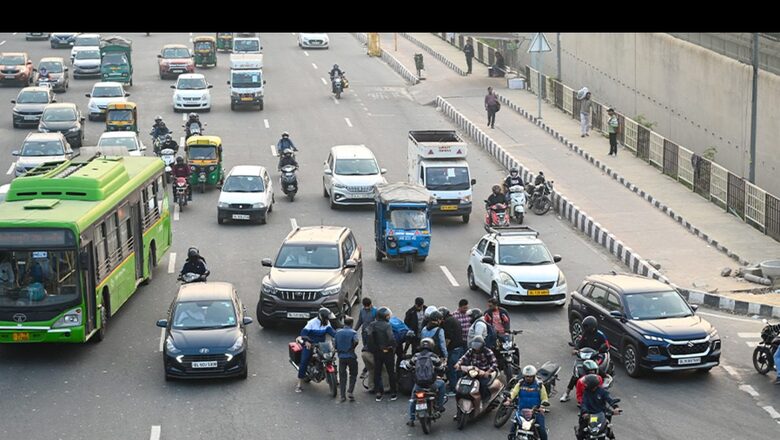
views
Kindness is exemplified when individuals extend help to strangers in times of need, embodying compassion at its finest. A Good Samaritan is someone who selflessly offers assistance to a stranger during an emergency, devoid of any expectation of personal gain. Many of us have encountered such individuals in our lives or have heard inspiring anecdotes recounting their acts of kindness. Today, we focus on the Good Samaritans who play a crucial role in making our roads safer and fostering a sense of empathy in the society.
The number of road accidents remains alarmingly high in the country, claiming 1,68,491 lives in 2022 alone. The Law Commission of India estimates that more than 50% of these fatalities could have been prevented with timely medical care. The first hour following an accident is critical as it can determine the thin line between life and death. Providing first aid during this period, known as the golden hour, greatly enhances the likelihood of reducing severity of injuries and improving chances of survival.
The reluctance of 75% of individuals to assist road accident victims stems from a fear of harassment by the police, the complexities of legal procedures, and prolonged hospital detention. These well founded concerns act as a significant barrier, discouraging bystanders from offering lending a helping hand.
In response to these challenges, SaveLIFE foundation, in 2012, filed a petition in the Honourable Supreme Court of India, which culminated in the establishment of a Good Samaritan Law in March 2016. This law was made applicable nationwide. Further, in 2019, the Motor Vehicles (Amendment) Act introduced a new section 134A, providing immunity to Good Samaritans from civil or criminal liability in cases of negligence while providing emergency medical or non-medical aid. This legislation offered Good Samaritans protection from legal and procedural hassles thereby encouraging bystanders to provide timely assistance to road accident victims.
Under this law, the well-being of citizens who voluntarily offer assistance or emergency care to injured persons in a road accident is ensured. It is important to note that this assistance is provided by citizens without expecting a reward or assuming any duty of care or special relationship.
This legal framework has come in as a significant step towards creating a safer environment for those willing to help. However, there remains a pressing need to raise awareness of this law. Equipping people with this knowledge can empower them to assist road crash victims confidently and without fear of legal repercussions or police harassment.
Even with a 50% reduction in current casualties, which would save approximately eighty-four thousand lives annually, it is imperative to create more awareness about the Good Samaritan Law. This would encourage willing bystanders to step forward and assist others in times of need, free from the fear of legal or institutional repercussions.
During the second edition of Sadak Suraksha Abhiyaan 2024, a public service initiative, extensive awareness about the Good Samaritan Law and its role in empowering individuals to save lives without fear was disseminated on a large scale. Recognizing that heightened awareness can significantly enhance the survival chances of road accident victims by ensuring timely medical care, SSA 2024 aimed to reach every household with this critical message.
With the capacity to mitigate avoidable fatalities and save more lives, this law will undoubtedly play a pivotal role in aiding individuals when they need assistance the most.
















Comments
0 comment